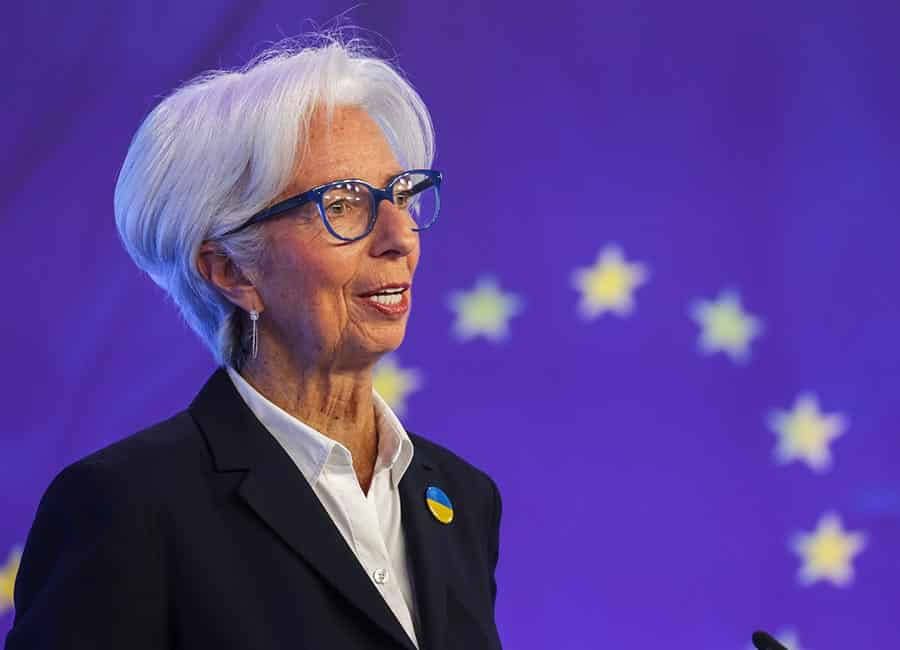Business confidence was resilient according to Bank of Ireland’s monthly Business Pulse, which more or less stalled in May but remains above its pre-pandemic level.
The Business Pulse came in at 89.5 in May 2022, 0.8 higher than April and down 3.2 on a year ago.
Sectoral Pulses moved in different directions - Services and Retail advanced but Industry and Construction softened – and the inflationary environment is a headwind for firms across the board.
CSO data last week pointed to a strong rebound in employment.
According to the May research, 87% of businesses reported an increase in non-labour input costs over the past three months, though the share expecting to raise their selling prices in the near term eased to 64% from 67% in April.
The bank speculated that this may reflect the emergence of competitiveness concerns.
“A deterioration on this front is evident in the industry survey data for firms selling domestically as well as those selling on foreign markets,” said Loretta O’Sullivan, group chief economist.

The bank’s Economic Pulse index reading for May 2022 was 82.7. The combination of Consumer and Business Pulses was 6.8 points lower than a year ago.
The Economic Pulse surveys are conducted by Ipsos MRBI with 1,000 households and 1,350 businesses on a range of topics including the economy, their financial situation, spending plans, house price expectations and business activity.
On the consumer front, O’Sullivan observed that while households remain cautious in the main, the arrival of the holiday season looks to have raised spirits a bit.
“Households are now seeing the €200 electricity credit coming through and many are also benefitting from the reduction in public transport fares. And as we head into the summer season, there appears to be plenty of pent up demand for holidays,” she said.
At 55.5 in May 2022, the Consumer Pulse was 4.1 higher than April last month but down 21.2 on a year ago. Some 22% considered it a good time to purchase big ticket items like furniture and electrical goods versus 19% in April, while almost two in five said that they are planning on spending more on holidays this year compared with last year.











